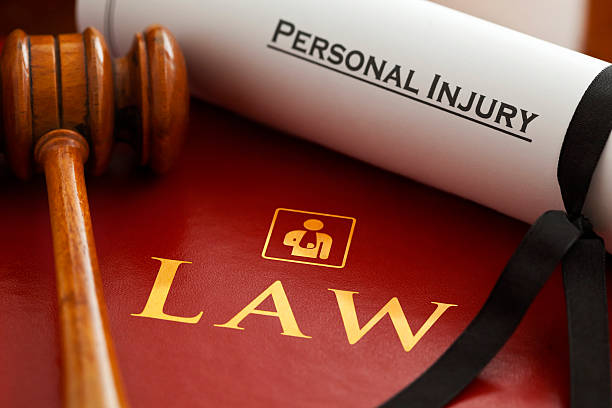Having thorough documentation can make all the difference when dealing with a personal injury case. It’s not just about medical records and police reports; every piece of evidence contributes to a comprehensive picture of your situation. Photographs, videos, and eyewitness statements can significantly bolster your claims. But have you ever considered what happens if this documentation is poorly organized or incomplete? The repercussions can be far-reaching, potentially affecting your compensation and the overall outcome of your case. Let’s explore how meticulous documentation plays a pivotal role and what you can do to ensure it’s effective.
Types of Essential Documents
Having the right documents can make or break your claim in a personal injury case. First, you’ll need medical records. These are crucial because they provide evidence of your injuries and treatment. Include everything from initial emergency room visits to follow-up appointments and physical therapy notes.
Next, gather any police reports if applicable. These documents can offer an unbiased account of the incident, detailing what happened and who might be at fault. Eyewitness statements are another critical piece of evidence. If anyone saw the accident, get their contact information and a written account of what they observed.
Photographs and videos can also be very persuasive. Visual evidence of your injuries, the accident scene, and property damage can make your case more compelling. Remember financial documents like pay stubs and invoices. These can help demonstrate lost wages and other financial impacts resulting from the injury.
Benefits of Detailed Records
Having gathered all the necessary documents, it’s essential to understand the benefits of keeping detailed records. Precise documentation can significantly strengthen your personal injury case. Maintaining thorough records provides concrete evidence that corroborates your claims, making it easier for your lawyer to build a compelling case on your behalf.
Detailed records help establish a clear timeline of events, which can be crucial in proving the circumstances and severity of your injury. Every medical visit, treatment, and communication with healthcare providers should be meticulously documented. This kind of evidence can demonstrate the progression of your injury and its impact on your life, which is vital for calculating fair compensation.
Moreover, detailed records can help refresh your memory. Resolving personal injury cases can take months or even years. By keeping comprehensive notes, you’ll readily have accurate information, reducing the risk of forgetting important details over time.
Best Practices for Documentation
Start documenting your personal injury case with clear, organized records to ensure nothing slips through the cracks. Begin by keeping a dedicated folder or digital file for all related documents. Include medical records, police reports, and any correspondence with insurance companies. Date everything to maintain a chronological order.
Photographs are crucial. Capture images of your injuries, the accident scene, and any property damage. Visual evidence can be compelling in court. Remember to take notes about your pain levels, emotional state, and any treatment you receive. A daily journal detailing your physical and emotional condition can provide a comprehensive view of your suffering.
Next, gather witness statements. If someone saw the accident, their testimony could be invaluable. Get their contact information and ask them to write down their observations immediately.
Also, keep track of any expenses related to your injury. Medical bills, travel costs for doctor visits, and even lost wages should all be documented. This financial record will help you claim fair compensation.
Lastly, consult your attorney regularly. They’ll guide you on what additional information might strengthen your case. Proper documentation can make a significant difference in the outcome of your claim.

Leave a Reply